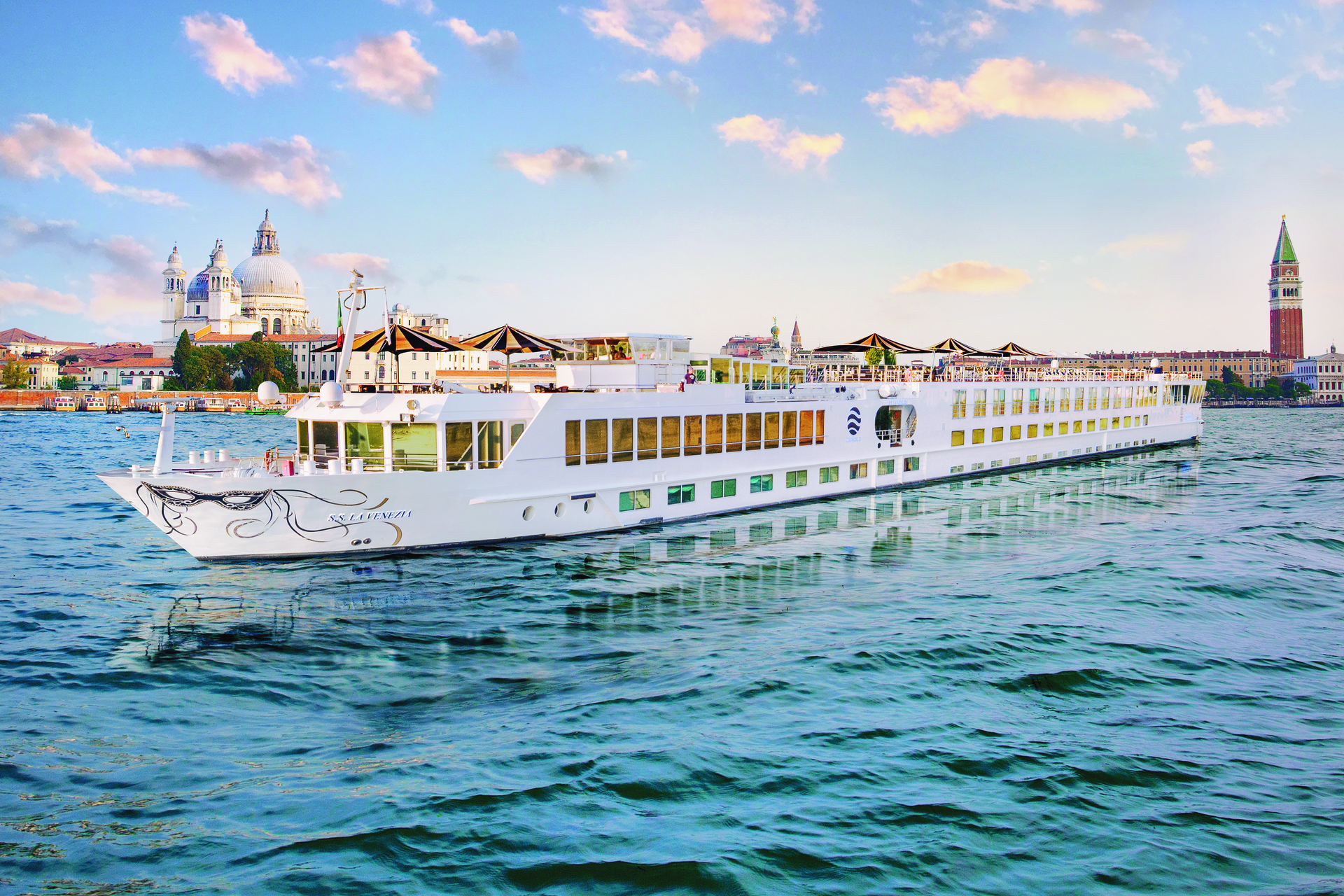Around 1,500 passengers who filed a class action lawsuit against Scenic have scored a major victory after the High Court ruled they were all entitled to compensation for damages, distress and disappointment.
Over the months of April and May 2013, thousands of passengers were affected by high flood waters, resulting in river vessels being out of operation for six weeks.
Scenic, instead of cancelling, continued operating by bussing passengers around Europe. They argued that, essentially, passengers had received what they paid for.
It has been an ongoing battle between the five-star river cruise company and passengers, with the initial court proceedings starting in 2016.
Today, after Scenic appealed the initial judgement, the High Court ruled that all passengers were entitled to a refund, as well as compensation for damages, distress and disappointment.
What this will cost has not been revealed, as each case will be negotiated separetely depending on circumstances. But in earlier reports it was suggested the figure could be as high as $14 million if all succeeded and were compensated in the same way as David Moore, the class action’s lead plaintiff.
Scenic did not answer requests for comment.
Mr Moore said: “It’s a win for common sense. So many people had lost their money, and there were a lot of elderly people on the cruise who didn’t want to fight unless someone stood up for them.
“My understanding is that each and every cruise will be judged separately, and Scenic and Somerville Legal will negotiate how much passengers received.”
Mr Moore said that he was on a 10-day cruise which was the most severely affected. Other cruises ranged between five to seven days.
Ben Hemsworth, Mr Moore’s solicitor from Somerville Legal, the firm representing the passengers said that today’s announcement is a major victory.
“These consumers paid their hard-earned money to Scenic to provide a well-deserved ‘trip of a lifetime’. When it became obvious that flooded rivers would prevent cruise ship travel, responsible cruise operators cancelled the cruises and refunded the money paid by passengers.
“Rather than providing refunds Scenic proceeded with the cruises. The result was an experience completely inferior to what was advertised. The High Court has now made it clear that Scenic must compensate consumers for the obvious consequences of that decision.
“This is a victory for all consumers who have experienced ruined holidays. Consumers expect to receive what they have paid for. Where they have paid for a relaxing and enjoyable holiday, tour providers should be on notice that that is what they must provide. If consumers are supplied with a disappointing and inadequate substitute, they will be entitled to compensation.”
Mr Moore represented some 1,500 passengers and had spent $26,200 on a Scenic cruise, a large portion of his life savings.
“We paid extra for things like a balcony, and at the time, airfares were quite dear, comparative to now. We had gone through quite a fair bit leading up to the cruise, and we thought, this was going to be a nice way to unwind,” said Mr Moore.
“I also had spinal fusion surgery, which does not permit me to sit for long periods of time. So a coach tour was the last thing that I could do. We thought we could just kick back, and unwind on the cruise.”
The plaintiffs barrister, Alistair Abadee told Justice Peter Garling in the first hearing in 2106 that instead of visiting cities and sites via the river and spending the night onboard Scenic’s five-star boats, the passengers were on very long bus rides and in some cases, stayed overnight at “low-budget hotels”.
“The consumers did not pay for a backpackers’ Contiki tour,” he said.
In 2017, Mr Moore won the case against Scenic and the Supreme Court of New South Wales found that the company had breached its obligations under the Australian Consumer Law.
The court ordered Scenic to refund what Mr Moore paid for the holiday, plus damages for disappointment and distress.
But in 2018, the New South Wales Court of appeal, while confirming that Scenic had breached its obligations, overturned the award of damages for disappointment and distress. In response, Mr Moore appealed to the High Court, seeking the reinstatement of his compensation for disappointment and distress.









